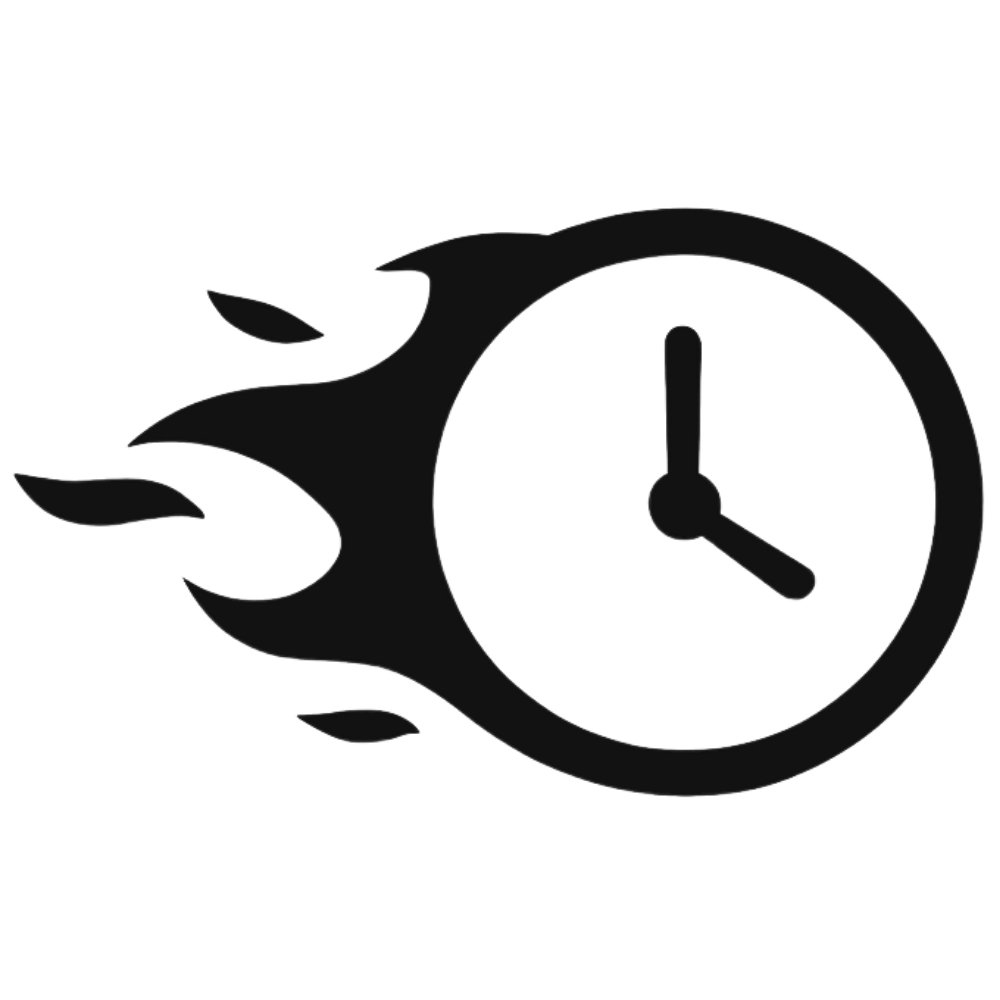Scheduling Requests
CallMeLater allows you to schedule any HTTP request to be executed at a specific time in the future. This guide covers everything you need to know about creating, managing, and optimizing your scheduled requests.Basic Scheduling
Simple Example
Here’s how to schedule a basic HTTP request:Request Parameters
| Parameter | Type | Required | Description |
|---|---|---|---|
targetUrl | string | ✅ | The URL to send the request to |
targetMethod | string | ✅ | HTTP method (GET, POST, PUT, DELETE, PATCH, HEAD) |
targetHeaders | object | ❌ | HTTP headers to include in the request |
targetBody | object | ❌ | Request body (for POST, PUT, PATCH) |
triggerAt | string | ✅ | ISO 8601 timestamp when to execute the request |
Supported HTTP Methods
CallMeLater supports all standard HTTP methods:- GET
- POST
- PUT
- DELETE
Time Formatting
ThetriggerAt field must be a valid ISO 8601 timestamp in UTC.
Correct Formats
Common Scheduling Patterns
Advanced Use Cases
Webhook Chains
Schedule multiple related requests:Conditional Scheduling
Schedule requests based on business logic:Batch Scheduling
Schedule multiple requests efficiently:Managing Scheduled Requests
Canceling Requests
Cancel a scheduled request before it executes:Tracking Execution
Monitor your scheduled requests:Best Practices
Validate URLs
Always validate target URLs before scheduling to avoid failures
Handle Timezones
Use UTC timestamps and convert from user timezones properly
Set Reasonable Delays
Don’t schedule requests too far in the future (consider token expiry)
Monitor Execution
Regularly check logs to ensure requests are executing as expected
Error Prevention
Limitations
- Maximum Future Time: Requests can be scheduled up to 1 year in the future
- Minimum Delay: Requests must be scheduled at least 30 seconds in the future
- Timeout: Target requests timeout after 30 seconds
- Retries: Failed requests are not automatically retried
- Size Limits: Request body size limited to 1MB

